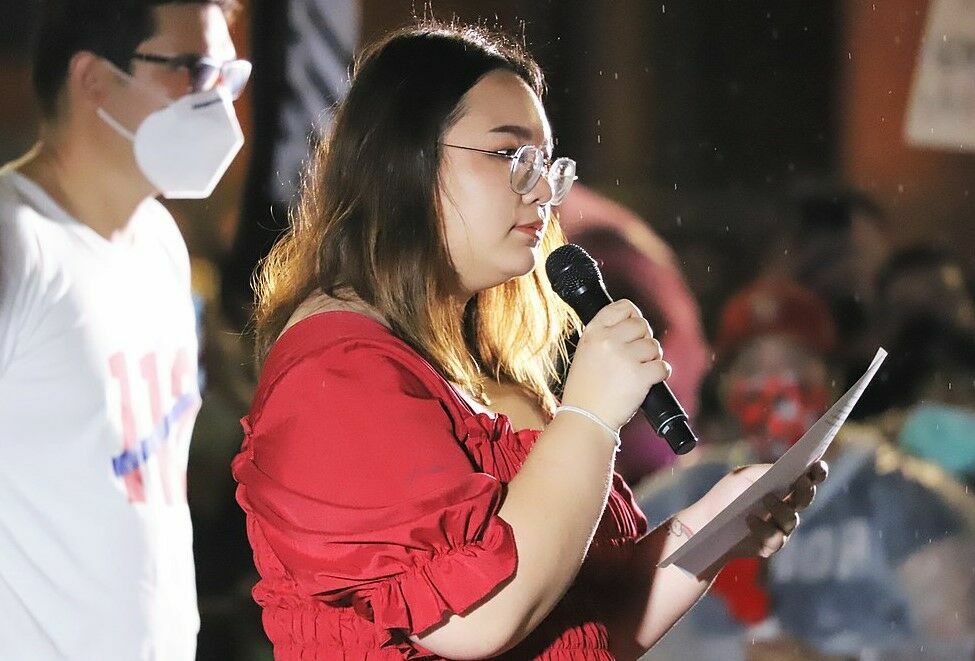Thai youth vote for reform despite political hurdles

Three years ago, 24 year old Panusaya Sithijirawattanakul was at the forefront of a democracy movement in Thailand as thousands of young protesters clashed with police firing tear gas and rubber bullets on the streets of Bangkok. The movement shook the kingdom with its calls for reform and unprecedented demands to curb the power of King Maha Vajiralongkorn but gradually dissipated as the coronavirus spread and Panusaya and other leaders were arrested.
Many of the young democracy protesters are about to vote for the first time in Thailand’s May 14 General Election. They have not given up their calls for change, even if they know they must be patient in a kingdom where conservative elites have long obstructed reform.
Panusaya sent shockwaves across Thailand with her speech on monarchy reform in August 2020, which included a 10-point manifesto.
“This election will be very important. It can change the game. If the pro-democracy party wins, we have many options to stop the selection of senators, to write a new constitution or to change various laws.”
Millennials and Gen Z – voters roughly aged 40 or younger – account for just over 40% of Thailand’s 52 million-strong electorate. Young Thais might be excited about the prospect of voting Prime Minister Prayut Chan-o-cha out of office, Panusaya said, but they are also not naive.
Thailand has been hit by a dozen coups since 1932, most recently in 2014, as the military-royalist establishment crushed governments it considered unsuitable or too progressive. Panusaya recalls the “heartbreak” of the 2019 election when General Prayut managed to assemble a vast coalition to keep out Pheu Thai, the main opposition party that won the most seats.
Panusaya is unsure that, even against such a backdrop, pro-democracy parties will have the courage to undertake the kind of comprehensive reform the protest movement demanded.
“We know that all our expectations will not be met in this election.”
One critical demand was reform of Thailand’s royal defamation laws, considered to be among the strictest in the world and which human rights groups say are used to suppress political dissent.
Apart from political demands, the 2020 protest movement also called for LGBTQ+ rights and reform of the strict rules imposed in Thai schools.
Pooripat Buakong, 20 years old, said young Thais want a meritocracy – the opportunity to get a decent education and a well-paying job, regardless of whether they were born in a rural village or the city.
Technology analyst Noppakorn Sakkamart, 24 years old, who was a protest regular in 2020, said the hunger for political change has not curdled into cynicism.
“I don’t think the new generations will lose hope and not be voting. I think they will keep fighting.”
He expected strong youth support for Move Forward, which rose from the ashes of the Future Forward party that was dissolved by a court in February 2020. However, Chulalongkorn University political analyst Thitinan Pongsudhirak warned that history could repeat itself as powerbrokers try to maintain their rule.
“One nuclear option would be another dissolution of a major party… Pheu Thai or Move Forward Party,” he told AFP.
Latest Thailand News
Follow The Thaiger on Google News:


























